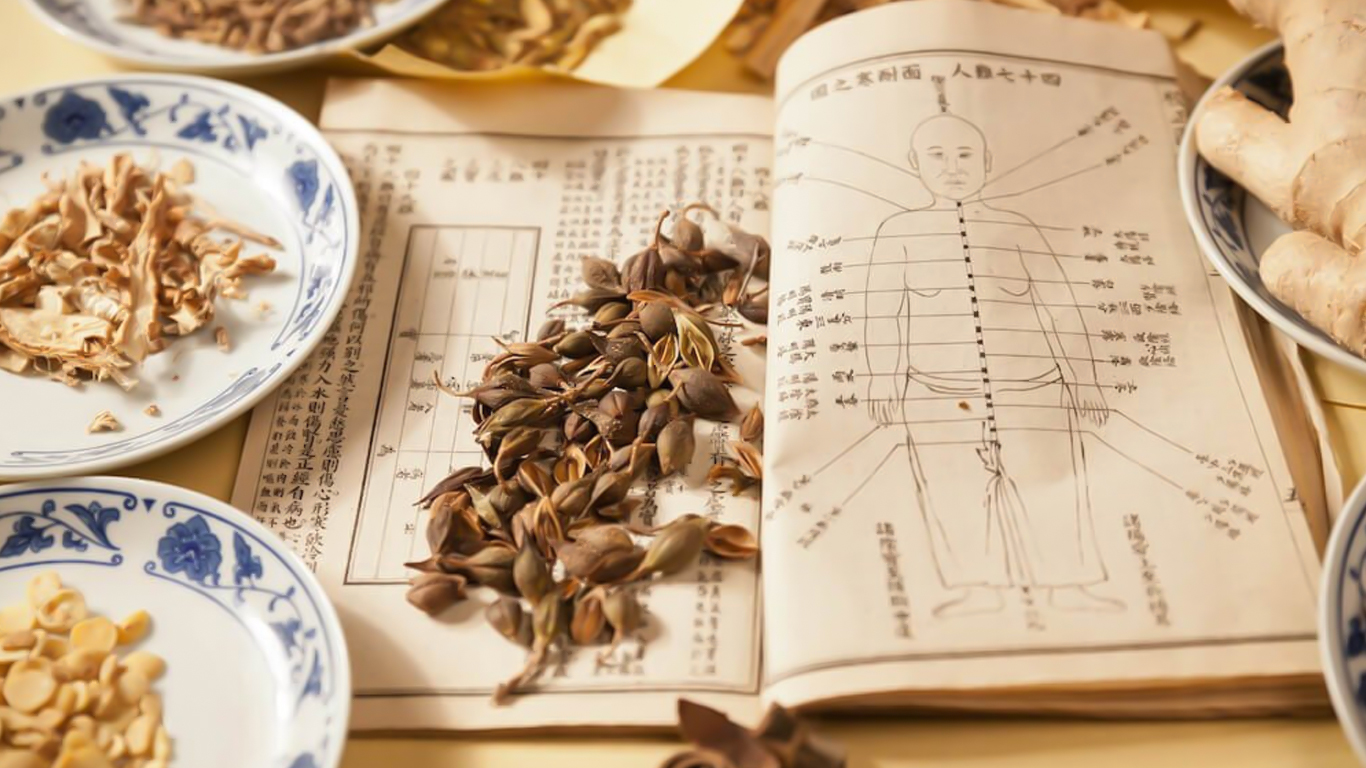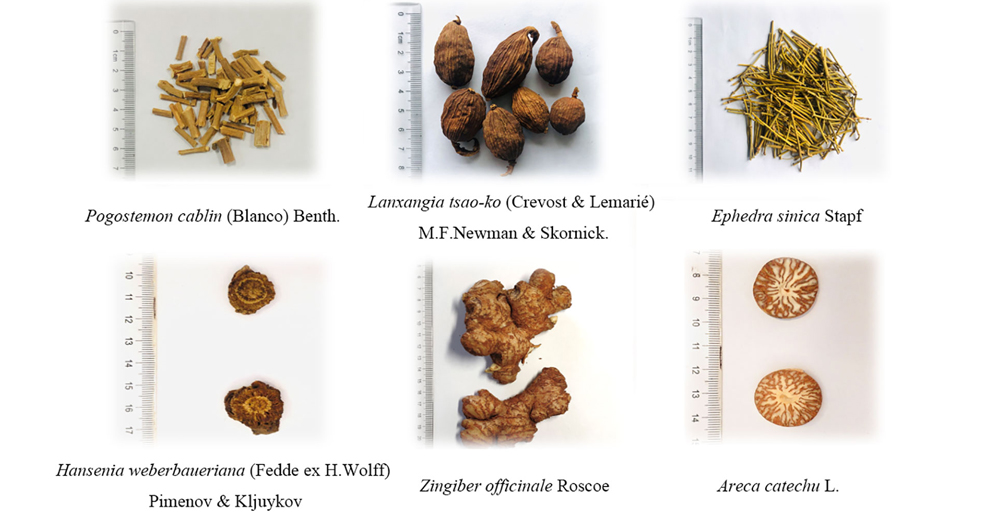Unlock the Healing Power
of Chinese Herbal Medicine
In the realm of traditional medicine, Chinese herbal medicine has been treasured for centuries for its holistic approach to healing and promoting overall well-being. Rooted in ancient Chinese wisdom and backed by modern research, Chinese herbal medicine offers a natural and effective way to address a wide range of health conditions. In this SEO-optimized guide, we will delve into the world of Chinese herbal medicine, exploring its principles, benefits, common herbs, and how it can support your health journey.
Unlike Western medicine, which often focuses on treating symptoms, Chinese herbal medicine takes a holistic approach by addressing the underlying imbalances that cause health issues. By restoring balance and harmony within the body, it aims to support the body's innate healing abilities and promote long-term well-being.

Benefits
Chinese herbal medicine offers a myriad of benefits, including:
Personalized Approach: Practitioners of Chinese herbal medicine assess each individual's unique constitution and health condition to develop personalized herbal formulas tailored to their specific needs. This individualized approach helps to address the root cause of health issues and restore balance.
Comprehensive Treatment: Chinese herbal medicine can be used to address a wide range of health conditions, including digestive disorders, respiratory issues, hormonal imbalances, musculoskeletal problems, skin conditions, and more. It is not limited to treating specific symptoms but aims to improve overall health and well-being.
Fewer Side Effects: Chinese herbs are typically prescribed in combinations or formulas that work synergistically to minimize side effects and enhance therapeutic effects. When prescribed and monitored by a qualified practitioner, Chinese herbal medicine is generally safe and well-tolerated.
Common Chinese Herbs
Ginseng (Ren Shen): Known as the "king of herbs," ginseng is revered for its adaptogenic properties, which help the body cope with stress, boost energy levels, and support immune function.
Astragalus (Huang Qi): Astragalus is used to strengthen the immune system, improve vitality, and protect against respiratory infections.
Licorice Root (Gan Cao): Licorice root is commonly used as a harmonizing herb to enhance the effects of other herbs, promote digestive health, and soothe respiratory issues.
Dang Gui (Angelica Sinensis): Dang Gui is known as a "female ginseng" and is often used in formulas for women's health, including menstrual irregularities and menopause symptoms.
Reishi Mushroom (Ling Zhi): Reishi mushroom is highly regarded for its immune-boosting properties and is used to support overall well-being, reduce stress, and promote longevity.

Consultation:
When considering Chinese herbal medicine, it is crucial to consult a qualified and experienced practitioner who can assess your health condition, perform a comprehensive diagnosis, and prescribe appropriate herbal formulas. A practitioner may use a combination of diagnostic methods, including pulse diagnosis, tongue examination, and a thorough medical history review, to gain insight into the underlying imbalances and tailor the treatment to your specific needs.
It's important to note that Chinese herbal medicine is a complementary therapy and should not replace conventional medical care. Inform your healthcare provider about any herbs or supplements you are already taking.
Acupuncture Cupping / Hijama Dietary Plan Herbal Medicine Moxibustion Qi Gong Tai Chi Tui Na Massage

Restore-Rejuvenate-Rejoice
Welcome to Dermamax Medical Center, the best plastic and cosmetics Surgery center in Dubai, for a wide range of Aesthetic or Plastic Surgery, Homecare, Traditional Chinese medicine, Dental or any labs services.
